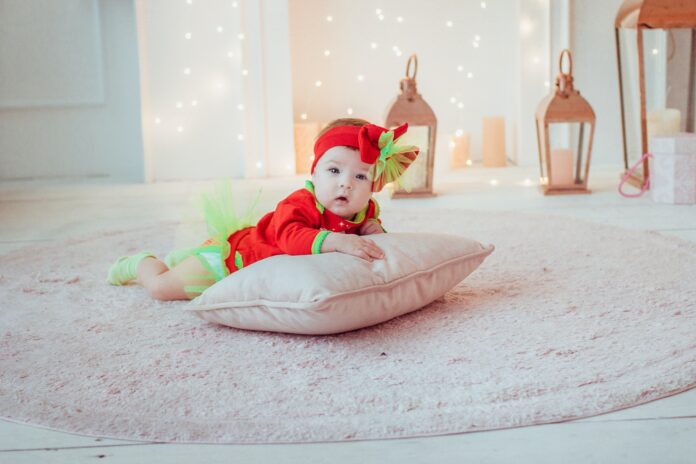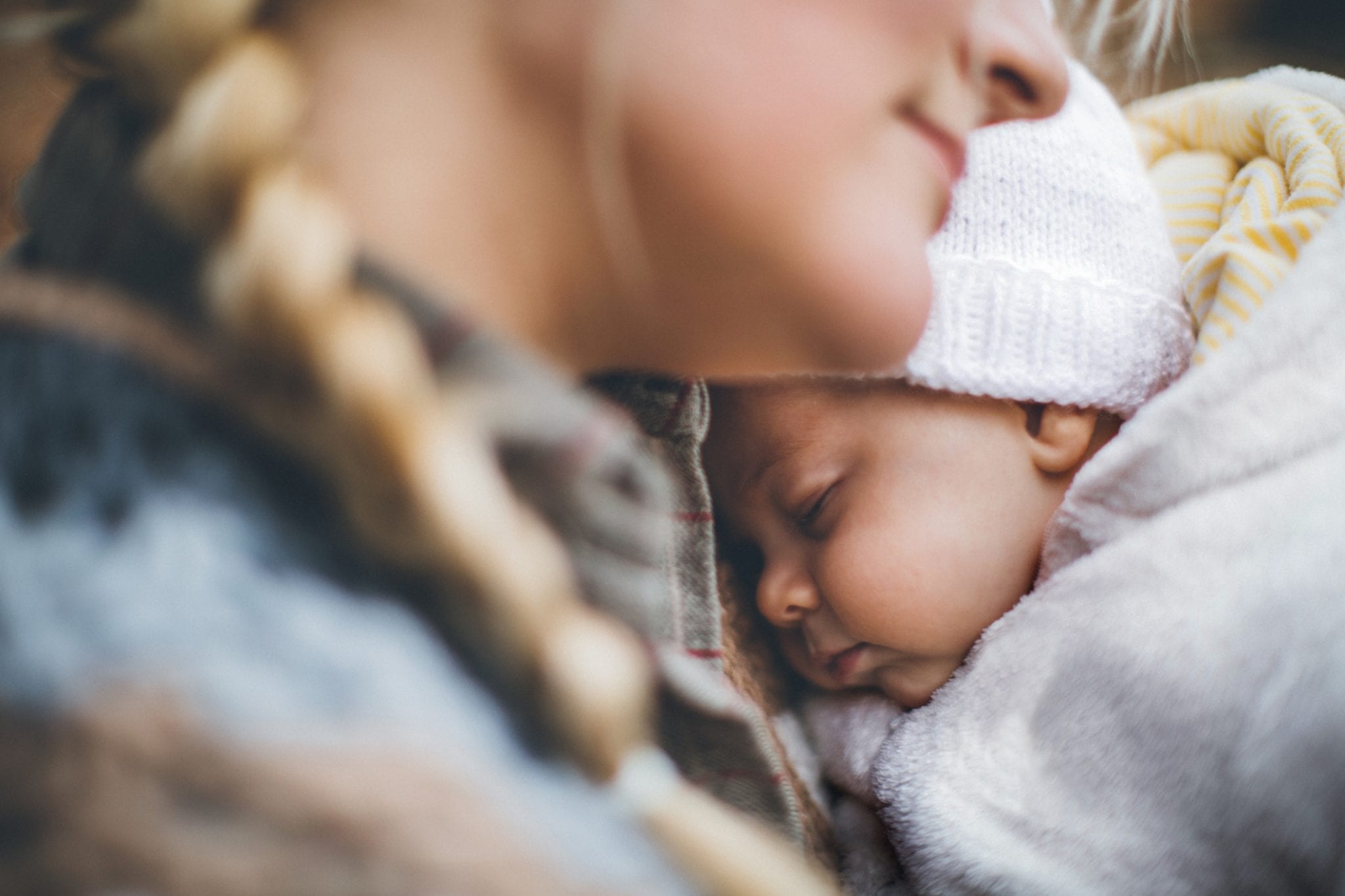Naturally, you’ll do anything to keep your newborn comfortable at home. However, when temperatures drop, you should keep a few extra things in mind to ensure your infant stays warm and safe all winter. As you will soon realize, this season has unique challenges, as you stay most of the time indoors.
As air quality declines, you’ll face the dangers of the common cold and the flu. Because babies’ immune system is still developing, they will be more susceptible to these respiratory infections. To avoid these illnesses and create a safe environment for your family, here are seven winter home concerns you should take into account:
Maintaining a Safe Temperature
The first concern is making sure your home is warm enough. You don’t want your infant to get too cold, which can cause health problems. You also don’t want the house to be too hot, as this can be a fire hazard. The best way to ensure a comfortable temperature is to use a thermometer and keep the indoor temperature between 68-72 degrees Fahrenheit.
Always have the furnace maintenance & tune-ups before the cold weather hits. The effort assures you of a consistent and comfortable home temperature all winter. Keep checking the baby’s clothing, so they’re not too warm.
Preventing Drafts
Another concern is preventing drafts. You may not feel them, but they are very harmful to infants. They can even lead to respiratory problems. To prevent drafts, check whether all windows and doors are properly sealed. Use weatherstripping or caulk to fill any gaps. If you have any significant gaps, use a heavy blanket to cover them.
Avoiding Carbon Monoxide Poisoning
One of the most severe winter concerns is carbon monoxide poisoning. It’s primarily a concern if you use a gas stove to heat your home. Carbon monoxide is a colorless, odorless gas that’s harmful and deadly.
Check whether your home has a working carbon monoxide detector to avoid poisoning. Have your stove and other gas appliances serviced regularly. Place a sensor near or in the baby’s room to keep them out of danger.
Keeping The Humidifier Clean
If you use a humidifier, keep it clean. A humidifier can be a breeding ground for bacteria and mold if not maintained correctly. To clean it, use a vinegar solution (1 part vinegar to 3 parts water). Run this solution through the humidifier once a week. Empty the water reservoir and clean it with soap and water once a week.
Poor Indoor Air Quality
Your home’s air quality is lowest in the winter, as doors and windows are shut to keep warm. However, this also traps pollutants inside. To improve your home’s air quality, use an air purifier with a HEPA filter. Vacuum regularly and avoid using aerosol sprays.
Besides, change the furnace filter monthly, and keep the vents clear of dust and debris. Poor indoor air quality can lead to issues such as a stuffy nose, watery eyes, and coughing. These are highly uncomfortable to the baby affecting their sleep, health & development.
Dry Skin
Another winter concern is dry skin. The air is much drier in the winter, which can cause the baby’s delicate skin to dry, crack, and become irritated. To combat this, use a humidifier and avoid taking long, hot showers. After every bath, apply a hypoallergenic lotion to your baby’s skin.
Increased Risk of Illness
Winter also means an increased risk of illness, as viruses like the flu are more prevalent. To keep your baby safe, request everyone in the house to wash their hands regularly.
Disinfect surfaces commonly touched, such as door handles and light switches. Consider getting the flu vaccine for your baby. Besides, take them to the doctor immediately if they show any illness signs, such as a fever or difficulty breathing.
Enjoy This Winter
You’ll enjoy a wonderful winter with your new baby when you’re alert and address any safety concerns. Note that each baby’s needs are different, so learn what works best for your little one and keep an eye on them at all times. Consult your pediatrician when not sure about anything.



















